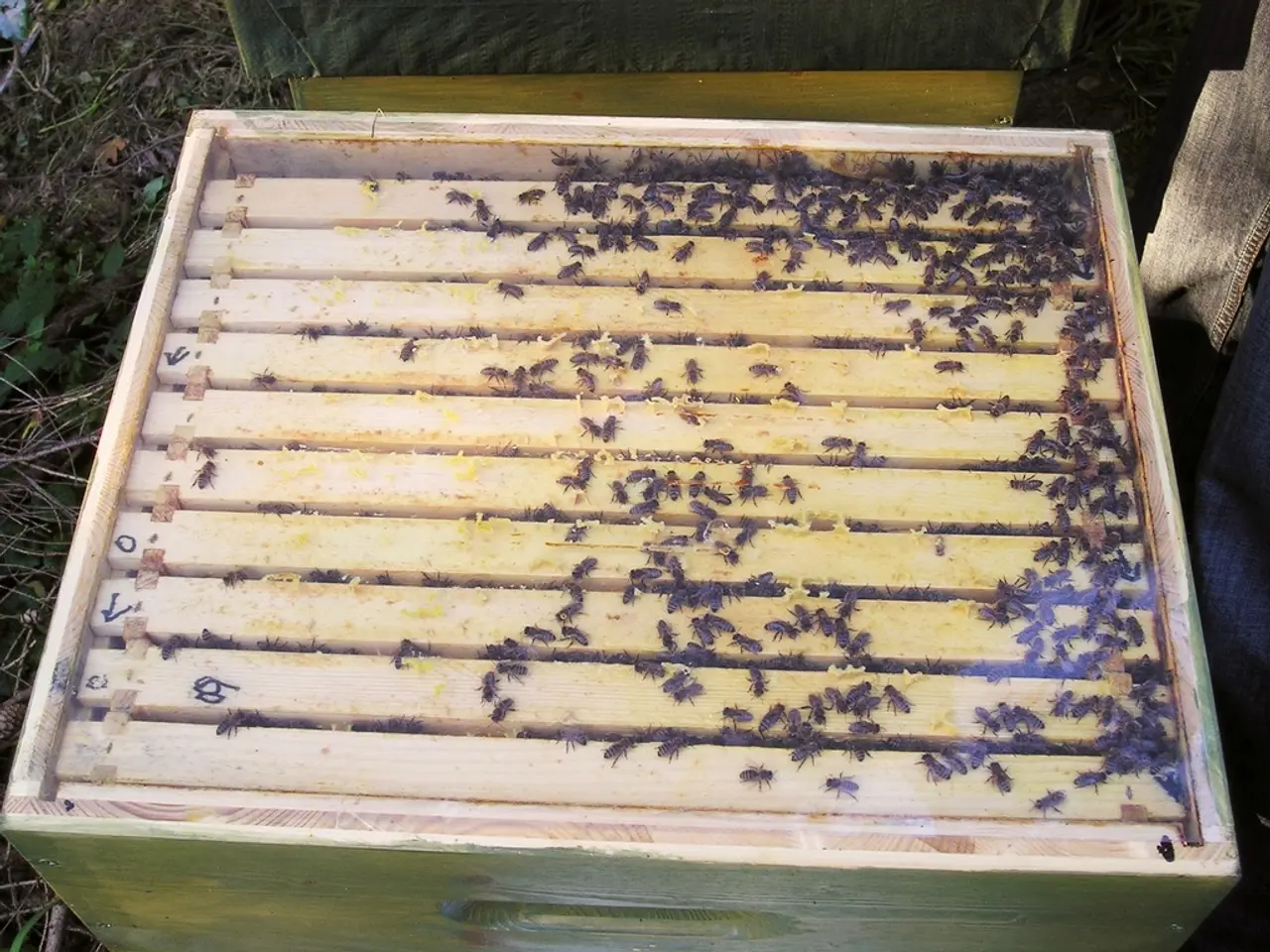Commission tasked with recommending a directive on shielding animals from hazards linked to harmful chemicals usage.
In the city of Dietzenbach, a growing issue of pests, particularly pigeons and rats, has been attributed to the uncontrolled scattering of feed in public spaces. The city council has taken action, imposing a fine of 150 euros for repeated and large-scale pigeon feeding in open areas.
The affected zone includes Wertheimer Way, near a large parking deck and a playground. The area shows visible entrances to rat tunnels and dens, indicating a serious infestation. To address this problem, the Dietzenbach city police have increased patrols at the affected locations.
The city administration believes targeted feeding to be a significant cause of the problem. As a result, they are urging people to refrain from feeding in public spaces to prevent further spread of pests.
Large congregations of pigeons can pose several risks. They can spread diseases such as histoplasmosis, cryptococcosis, and psittacosis. Furthermore, their droppings can cause damage to buildings, monuments, and vehicles due to their acidic nature. Additionally, large flocks can create noise pollution, attract other pests like rats, and cause slippery surfaces posing fall risks.
In an effort to raise awareness and improve the situation in the long term, the city aims to carry out increased patrols and awareness campaigns. Through these measures, they hope to educate citizens about the negative impacts of feeding pigeons and encourage responsible behaviour.
The city is also distributing flyers "Rats in the City" and "Rats in House and Garden" about preventive measures for pest control. These measures include bans and fines for violations, public awareness campaigns, providing designated feeding areas, using deterrents, and population control methods like egg sterilization or habitat modification.
While specific Dietzenbach policies may not be detailed, these general practices are common in German cities. For the exact local regulations and enforcement in Dietzenbach, one would need to consult municipal communications or local government resources.
On private properties, it is the responsibility of the property management to take action against further spread, such as by setting traps. By working together, the city and its residents can help control the pest problem and maintain a clean and safe environment for all.
- The city police, in collaboration with environmental science and lifestyle experts, have proposed implementing fitness-and-exercise regimes at the affected locations to deter pigeons, as pigeons are often less likely to linger in areas where humans are active.
- A local pet store, recognizing the potential threat to health-and-wellness caused by the pest infestation, has launched an initiative to provide pet owners with eco-friendly alternatives to traditional bird feed, emphasizing the importance of responsible pet ownership and its role in maintaining a clean and healthy environment.
- To foster a wholesome community, the city administration has begun implementing policies in organic waste management to minimize food waste and reduce the attractiveness of public spaces to pests, turning the focus towards a more sustainable health-and-wellness lifestyle and a cleaner environment for both people and pets.




